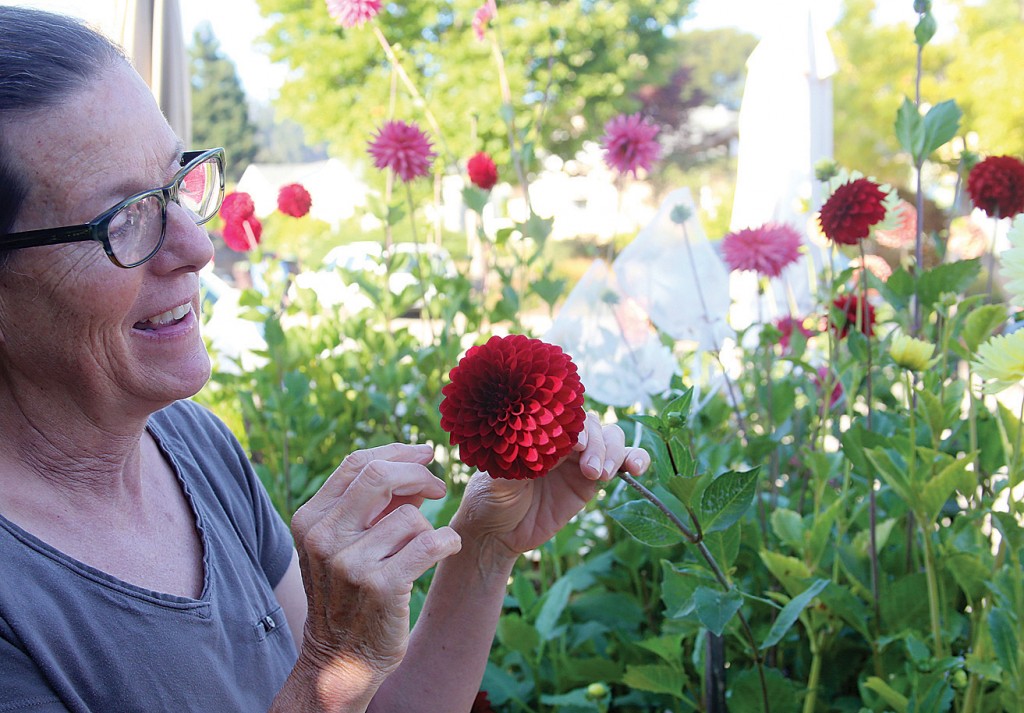Pleasure Comes from Impermanence
In Nubri [when I was a boy], I used to love to watch the seasons change — the green summer grasses turning brown, the trees in full foliage dropping their leaves in fall, the deep blue skies turning into the gray, snow-filled skies of winter, and the arrival of new buds at the onset of spring. Our house had a stone courtyard with a border of flowers that my grandfather lovingly tended. I would wait with great excitement for those flowers to bloom, particularly the lush dahlias prized by my grandfather. Once the buds appeared, I would examine the plants daily. One spring two dahlias blossomed, and for several days they became the center of everyone’s attention. I waited impatiently for the other buds to catch up. Then we had an unexpected late-spring storm and the temperatures plunged. The next morning every plant in the garden was dead. I burst into tears. My grandfather tried to explain that everything was impermanent and my grandmother gave my candy, but I sobbed inconsolably. Then my grandfather reminded me of how much I love watching the seasons change. “That pleasure,” he told me, “comes from impermanence; the summer berries that you love comfe from impermanence. Everything arises from impermanence. Next spring, we will have new growth and new plants — because of impermanence.”
Yongey Mingyur Rinpoche
from In Love with the World; What a Monk Can Teach You about Living from Nearly Dying


